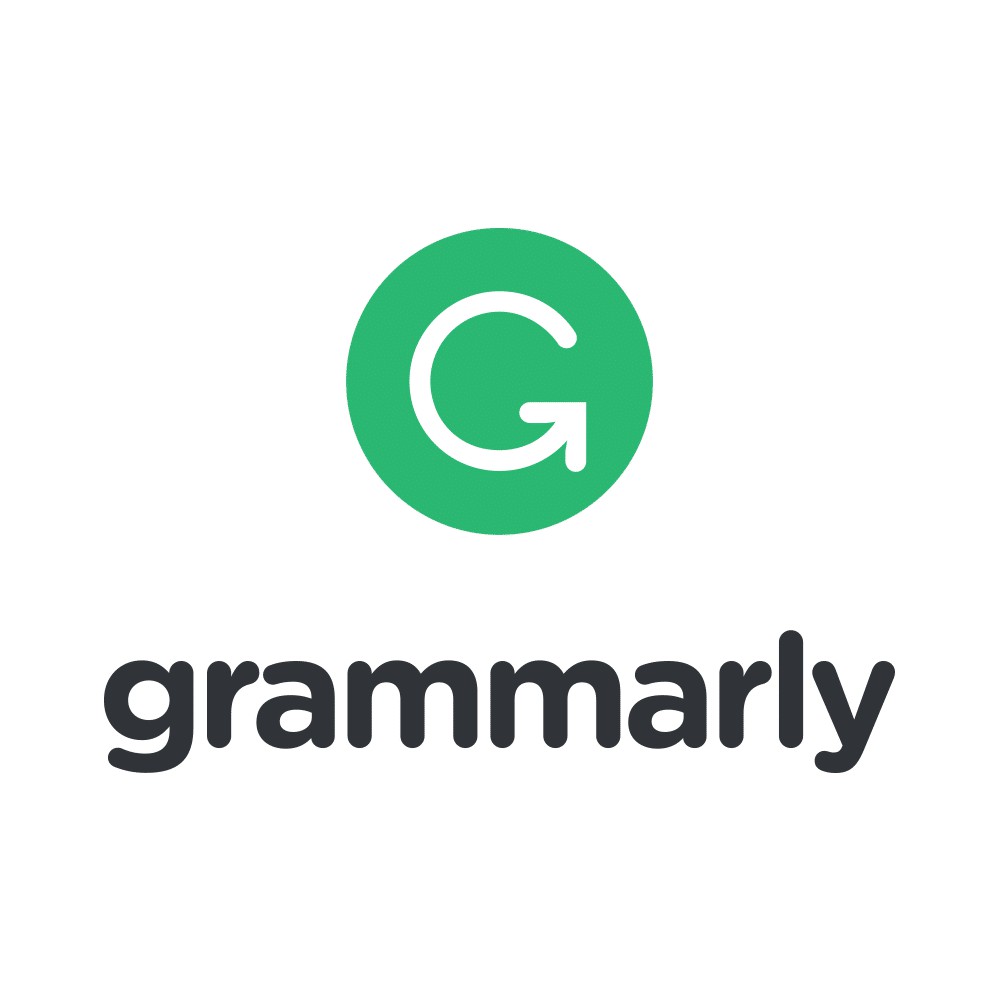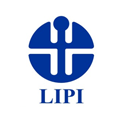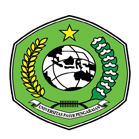Publication Ethics
APTEK: jurnal aplikasi teknologi
APTEK (p-ISSN 2085-2630; e-ISSN 2655-9897) is a peer reviewed journal published by the Mechanical Engineering Study Program, Faculty of Engineering, Pasir Pengaraian University. Research published in the APTEK journal must follow the guidelines provided by the APTEK, sall parties involved in publishing: Author/Author, Editor in Chief, Board of Editorial, Editorial Assistant need to follow the standards of ethical behavior in accordance with APTEK journal publishing guidelines.
Publication code of ethics
The publication of an article in APTEK: Scientific Articles of Peer-reviewed Technology Applications is a reference in the development of knowledge networks. This is a direct reflection of the quality of the work of the authors and the institutions that support them. The articles in this journal, both Research Results Articles, Reviews, Book Reviews and Studies are a manifestation of the development of the scientific method. Therefore it is considered important to agree on the standards expected by the code of ethics for all parties involved in publishing: Author/Author, Editor in Chief, Board of Editorial, Editorial Assistant and the public. The Faculty of Engineering, Pasir Pengaraian University as the publisher of the APTEK Journal: Scientific Articles Application of Technology has strict duties in all stages of publishing and we are aware of the responsibility towards the publishing code of ethics.
Publication Decision
The Editor of the APTEK Journal: Scientific Articles on Technology Applications is responsible for deciding which articles should be published after the article has gone through the review process from the reviewer. In this regard, researchers, writers and readers should respect the decision of the editorial board in deciding which articles to publish. The editor's decision must be based on the decision of the journal's editorial board and determined also on whether or not the requirements regarding copyright and plagiarism are met. Editors may also confer with reviewers in making this decision.
Freedom of Work
Editors evaluate manuscripts at all times for their intellectual content regardless of the race, gender, sexual orientation, religious belief, ethnic origin, nationality, or political philosophy of the authors. Confidentiality The editor and any editorial staff must not disclose any information about the manuscript, the identity of the author to the reviewer, and the identity of the reviewer to the author to other parties. Each manuscript is accepted for review and treated as a confidential document. They may not be displayed or discussed with others except as permitted by the editor.
Reviewer's Task
Reviewers assist editors in making Editorial Decisions through editorial communication with authors.
Objectivity Standard
The author may not submit personal criticism regarding the results of the review. Reviewers must express their views clearly using supporting arguments. Acknowledgment of Sources Each author is required to include relevant citation sources in the articles he writes. Reviewers can suggest sources of citations for published works that have not been cited by the authors. The reviewer can also inform the editor when there is a similarity in substance or there is an overlap in substance in the manuscript they are reviewing.
Writer's Task
Reporting standards. The original research report must provide an accurate report of the work carried out as well as a description of its intended meaning. Articles should contain sufficient detail and references to allow others to verify the data. Fictitious or intentionally inaccurate reports constitute behavior that violates the publication's code of ethics and is unacceptable.
Originality And Plagiarism
PThe authors must ensure and make a plagiarism-free statement. An author may not publish the same manuscript in more than one journal or other publication. Submitting the same manuscript to more than one journal at the same time is a behavior that violates the publishing code of ethics and is unacceptable. Every article is in the process of checking for plagiarism with the help of Turnitin tools and plagiarism checker X. The plagiarism threshold that is tolerated is 25%.














